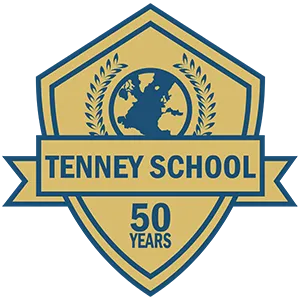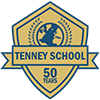Merriam-Webster’s Dictionary defines an alternative school as, “an educational program or system that is separate from a mainstream educational program or system and that is designed especially for students with academic or behavioral difficulties.”
Though alternative schools began to help those with academic or social problems succeed, the idea of the non-traditional school now encompasses so much more.
How alternative schools evolved:
The problem with declining graduation rates affects more than just a teenager without a diploma. Gone are the days in which you could quit school early to help support your family. To obtain a job with a living wage, you minimally need a high school diploma.
The uneducated or undereducated in this country cost the United States billions of dollars in welfare payments and other social programs. College admissions, of course, suffer as does the workforce in general when the pool of high school graduates decreases.
In the 1980s and the 1990s, getting kids across the stage to pick up that diploma represented the primary goal of the alternative school. Students who posed a high risk included the homeless and impoverished, those with chemical dependency concerns, and pregnant girls.
With the new millennium, alternative schools starting filling a much bigger void. Magnet schools, charter schools, private schools, and even Home School programs started feeling the needs of the gifted, those in need of flexible scheduling, those with physical disabilities, and students who possessed learning disabilities. These types of alternative schools represented a way in which every student could reach his or her potential.
What can alternative schools offer you and your child?
Magnet and charter schools share more similarities than differences. Some of the advantages of both magnet and charter schools offer include:
• A diverse student population
• College and vocational preparation
• Family involvement
• Academic excellence
Both magnet and charter schools accept students on a lottery basis since they are government run. Magnet schools, typically include more governmental rules and stipulations, such as certified teachers.
Homeschooling continues to gain popularity. The potential exists for success with homeschooling as long as the parent follows the curriculum and takes the role of instructor seriously,
Private schools offer even more options for students with particular needs or goals.
Who benefits from alternative schools?
Many student profiles exist that could benefit from an alternative school. Sometimes a student falls into more than one category, but some of the situations where a student may benefit include:
• Students challenged with ADD, ADHD, or dyslexia
• Behavioral problems caused by stress or anxiety
• The gifted or talented student
• A student involved in acting or performing who needs scheduling considerations
The Unique advantage of Tenney School:
Tenney School’s mission statement incorporates the major tenet behind ensuring the success of every student both from a social and academic standpoint. With the “Power of One” philosophy, Tenney School sets aside the method of pooling date to determine curriculum and thereby teaching to the middle. The power of one method encourages one on one instruction and attention to every student no matter their learning needs.
As a private school, you are not required to participate in a lottery-type system, and your child starts receiving an excellent education from day one. We work closely with your child and pay special attention to their gifts and talents through the Gifted and Talented program. Students who are part of the Gifted and Talented program can expect the following:
- Advancing grade levels according to their abilities
- Incorporating additional interests and talents to the academic curriculum such as art or music
- Including the parents in the educational plan and celebrating accomplishments
Additionally, Tenney School pays close attention to college readiness and preparation for college and life’s challenges. College readiness testing such as ACT and SAT for Juniors and Seniors represents an integral part of the program. At the 12th-grade level, students also take classes in college and financial preparation.
In preparing for your child’s future, a private school that focuses on the needs of each child represents an ideal way to expose your child to not only the best educational opportunity but also a positive social experience as they watch their peers succeed as well. For more information on Tenney School and its curriculum and programs, please contact us.


